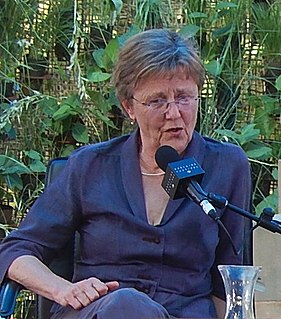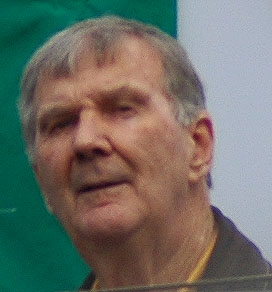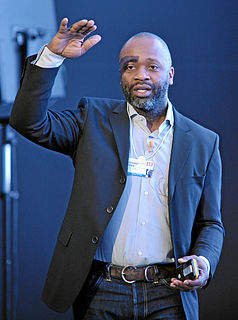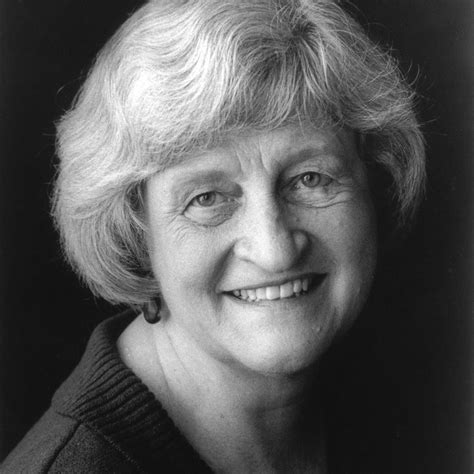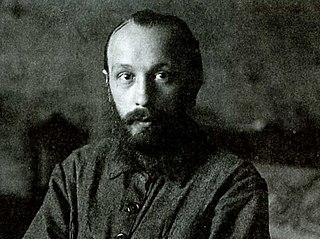A Quote by Steve Jobs
You know we're constantly taking. We don't make most of the food we eat, we don't grow it, anyway. We wear clothes other people make, we speak a language other people developed, we use a mathematics other people evolved and spent their lives building. I mean we're constantly taking things. It's a wonderful ecstatic feeling to create something and put it into the pool of human experience and knowledge.
Related Quotes
It's much more interesting for me to think that taking a chunk of experience and mushing it up together with other things that are inventible, remembered from some other time or stolen from other people's stories... and see if I can make it into something that works, an object, a little machine that runs.
I feel that all knowledge should be in the free-trade zone. Your knowledge, my knowledge, everybody's knowledge should be made use of. I think people who refuse to use other people's knowledge are making a big mistake. Those who refuse to share their knowledge with other people are making a great mistake, because we need it all. I don't have any problem about ideas I got from other people. If I find them useful, I'll just ease them right in and make them my own.
You've got to involve yourself in doing something for other people all the time. I know that sounds sentimental, but you see, ordinary people are the most generous people on Earth without question. And what I think we should do is constantly try to give as much of ourselves as we can to each other - that's the secret of happiness for all of us.
Literature presents you with alternate mappings of the human experience. You see that the experiences of other people and other cultures are as rich, coherent, and troubled as your own experiences. They are as beset with suffering as yours. Literature is a kind of legitimate voyeurism through the keyhole of language where you really come to know other people's lives--their anguish, their loves, their passions. Often you discover that once you dive into those lives and get below the surface, the veneer, there is a real closeness.
Knowledge is indivisible. When people grow wise in one direction, they are sure to make it easier for themselves to grow wise in other directions as well. On the other hand, when they split up knowledge, concentrate on their own field, and scorn and ignore other fields, they grow less wise - even in their own field.
My dad, I still think, had the most beautiful, simple checklist for what you should do in life: Do something you really love that you would do it anyway. Do it in the most adventurous place you can do it. And make sure that it helps other people. And if you feel there's a genuine need for it, and that through that need you can help other people, you're home.
Food is "everyday"-it has to be, or we would not survive for long. But food is never just something to eat. It is something to find or hunt or cultivate first of all; for most of human history we have spent a much longer portion of our lives worrying about food, and plotting, working, and fighting to obtain it, than we have in any other pursuit. As soon as we can count on a food supply (and so take food for granted), and not a moment sooner, we start to civilize ourselves.
What if we just acknowledged that we have a bad relationship, and we stuck it out, anyway? What if we admitted that we make each other nuts, we fight constantly and hardly ever have sex, but we can't live without each other, so we deal with it? And then we could spend our lives together - in misery, but happy to not be apart.
Without mentioning names, it was other people. Some day, they ought to open the report and find out. But it was other people that knocked down the World Trade Center. So, it's no reason to go into a big - now. But it was a horrible mistake that unfortunately we should never have done it. We have lost trillions of dollars, thousands of lives, wounded warriors, who I love, all over the place. And here is the other part. Iran is taking over Iraq. They have wanted it for decades and decades and decades. They're taking it over.

